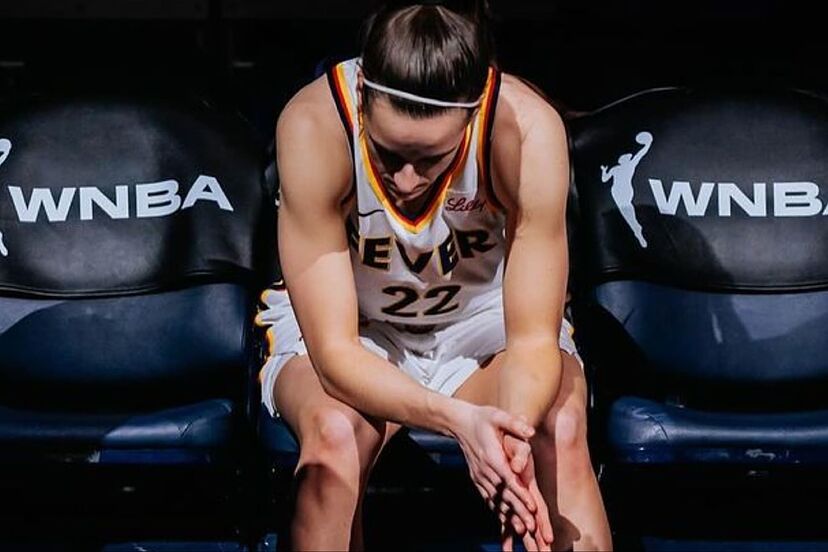UFC fighters’ pay varies widely, ranging from a few thousand dollars per fight to millions for top stars. The compensation of these athletes is influenced by a variety of factors, including their experience, the outcomes of their fights, and their promotional efforts. Ever wondered how much does a ufc fighter make? In this article, we’ll dive into the financial aspects of being a UFC fighter, from base salaries and bonuses to additional income sources, and compare these earnings with other sports.
What Is the Average Ufc Fighter Salary?
The average salary of a UFC fighter varies significantly based on their experience, popularity, and contract tier. On average, UFC fighters earn about $84,000 per fight, but this figure includes a wide range of earnings
- Entry-Level Fighters: Rookie UFC fighters typically start with salaries ranging from $10,000 to $12,000 per fight. This base pay is just the beginning, as fighters have the potential to increase their earnings significantly with each victory and subsequent fight.
- Mid-Level Fighters: Fighters who have several bouts under their belt and moderate success in the octagon often see their paychecks increase to between $30,000 and $50,000 per fight. This salary bracket reflects their growing prominence and skill level within the league.
- Top-Level Fighters: The stars of the UFC and those who headline major events can earn staggering amounts, with base salaries that can exceed $500,000 per fight. For these elite athletes, fighters pay ufc can escalate further through high-profile matchups and championship bouts, reflecting their marketability and draw as major attractions in the sport.
Bonuses and Additional Earnings
UFC fighters have the opportunity to significantly boost their income through various bonuses and additional earnings:
- Win Bonuses: Many fighters have the chance to double their take-home pay through win bonuses, which are awarded when they come out victorious in their bouts.
- Performance and Fight of the Night Bonuses: Exceptional performances can earn fighters additional $50,000 bonuses for ‘Performance of the Night’ and ‘Fight of the Night’ awards.
- Sponsorships and Endorsements: Beyond the octagon, fighters can increase their earnings through sponsorships and endorsements, which can be quite lucrative, especially for those with high visibility and popularity.
- Pay-Per-View (PPV) Shares: For top-tier fighters, a percentage of the PPV sales from events they headline can add up to millions, making these bouts especially significant for their financial portfolio.
This detailed breakdown showcases the various streams of income available to UFC fighters and highlights the potential for substantial earnings in the world of mixed martial arts.
Factors Affecting UFC Fighter Salaries
Several key factors play a role in determining the salaries and overall earning potential of UFC fighters:
- Experience and Tenure: The length of a fighter’s career with the UFC and their experience in the sport significantly influence their salary levels. Veterans of the octagon often command higher pay due to their proven track record and fan following.
- Fight Outcomes: Success in the ring is crucial; winning fights not only increases a fighter’s marketability but also directly impacts their earning potential through win bonuses and better fight contracts.
- Marketability and Popularity: A fighter’s ability to draw crowds and sell pay-per-views can dramatically increase their value. Those who engage fans through charismatic media appearances or have a large social media following often have higher earning potential.
- Negotiations and Management: Effective management and negotiation skills are key. Fighters with skilled agents can secure more favorable contract terms, higher base salaries, and better bonus structures.
Comparisons with Other Combat Sports
Comparing UFC fighter earnings with those in other combat sports can provide further context on the earning potential within different markets:
- UFC vs. Boxing: Boxers often have the potential for higher payouts per fight, especially at the top level, with star boxers earning multimillions per bout compared to top UFC fighters. However, boxers may fight less frequently.
- UFC vs. Bellator and Other MMA Promotions: While UFC is the premier organization in MMA, fighters in other promotions like Bellator might not earn as much per fight. However, they may benefit from different sponsorship opportunities due to less restrictive marketing policies.
- Impact of Global Expansion: The UFC’s global reach allows fighters to earn significant incomes worldwide. This expansion not only broadens their fan base but also opens up more lucrative international fight opportunities and sponsorships.
These insights demonstrate the competitive and varied landscape of pay within combat sports, highlighting how market forces and personal branding play crucial roles in shaping the careers of professional fighters.
Who Is the Highest-Paid UFC Fighter?
Conor McGregor is the highest-paid UFC fighter, distinguished by his substantial earnings both inside and outside the octagon. Throughout his UFC career, McGregor has earned around $39.3 million from his fights alone, with notable paydays including $3.285 million for his fight against Chad Mendes, $4.5 million for defeating Jose Aldo, $5.6 million each for two fights against Nate Diaz, $7 million for fighting Eddie Alvarez, and an estimated $50 million from his bout against Khabib Nurmagomedov.
Beyond his fight purses, McGregor’s financial success is significantly bolstered by his entrepreneurial ventures. His whiskey brand, Proper No. Twelve, has been a major contributor to his wealth. Initially partnering with Proximo Spirits, he eventually sold the majority stake in the brand for approximately $600 million, netting him an estimated $200 million from this deal alone.
Moreover, McGregor’s marketability has attracted numerous lucrative endorsement deals, further enhancing his earnings. His total career earnings, including his business ventures, endorsements, and fight purses, place him among the highest-earning athletes globally, with estimates nearing $600 million. This impressive financial portfolio underscores McGregor’s status as the highest-paid UFC fighter and one of the wealthiest athletes in the world.
Who Is the Lowest-Paid UFC Fighter
The lowest-paid UFC fighters typically earn a base salary of around $10,000 to $12,000 per fight. This amount can increase slightly with additional sponsorship earnings and bonuses. For example, in 2020, Antônio Arroyo received $10,000 for his fight, plus $3,500 in sponsorships, totaling $13,500 for his bout against Deron Winn
Entry-level fighters often fall into the UFC’s lowest pay tier, which ranges from $10,000 to $30,000 per fight. These fighters may also earn win bonuses and discretionary bonuses, potentially doubling their pay if they win their match.
Despite these bonuses, the financial situation for many low-tier fighters can be challenging, especially when compared to other major sports leagues where minimum salaries are significantly higher.
The disparity in pay highlights the tough financial reality for many UFC fighters who are just starting their careers or are not as well-known. These fighters often rely heavily on their fight earnings, sponsorships, and any additional bonuses to make a living, making it crucial for them to secure wins and attract sponsorships to improve their financial stability.
Frequently Asked Questions
Q1. How Much Do UFC Fighters Make Per Fight?
Ans. UFC fighters’ earnings per fight can vary dramatically. Entry-level fighters might earn between $10,000 to $12,000 per fight, while mid-tier fighters can earn between $30,000 and $50,000. Top stars may receive base amounts exceeding $500,000, with additional pay-per-view revenues significantly increasing their take-home pay.
Q2. Do UFC Fighters Get Paid for Training?
Ans. No, UFC fighters do not receive direct compensation for training. Their earnings are generally derived from fight purses, win bonuses, and other performance-related bonuses. Fighters must manage their training expenses within these earnings.
Q3. How Do UFC Fighters Get Paid?
Ans. Fighters are paid per fight, with their total earnings comprising a base salary, potential win bonuses, performance bonuses, and any pay-per-view shares. Contracts stipulate the details, which are negotiated on a per-fighter basis.
Q4. Can UFC Fighters Earn Money Outside of Fighting?
Ans. Yes, many UFC fighters supplement their income through sponsorships, endorsements, and appearances. Some also run gyms or engage in business ventures related to their brand.
Q5. How Do UFC Contracts Work?
Ans. UFC contracts are agreements that outline fight frequency, pay, bonuses, and other legalities that govern the fighter’s participation in the octagon. These contracts can vary greatly based on the fighter’s leverage and marketability.
Q6. What Are the Risks and Challenges of Being a UFC Fighter?
Ans. UFC fighters face significant physical risks, including injuries that can be career-ending. Financial instability is another challenge, especially for fighters who aren’t at the top of the card or who don’t fight frequently.
Q7. Are There Any Benefits or Retirement Plans for UFC Fighters?
Ans. The UFC does not provide retirement plans; fighters are considered independent contractors. Health insurance is provided for injuries sustained during bouts and sanctioned events, but long-term health benefits and retirement planning are the responsibility of the fighters.





Leave a Reply